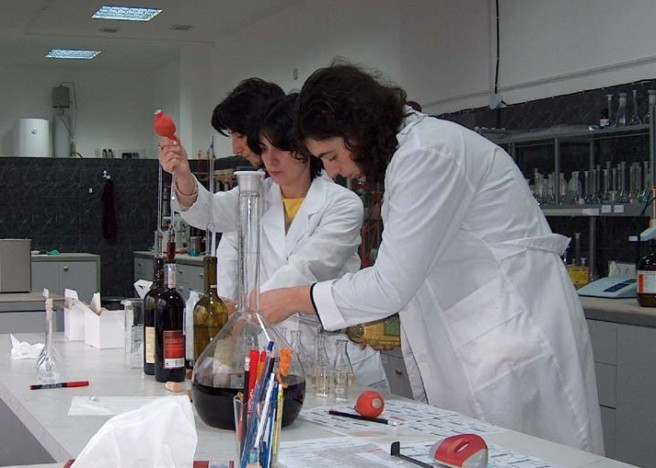Ensuring food safety is a complex process that starts on the farm and ends with the consumer. Standards minimize the risks from biological, chemical and physical hazards that may be present in our food. Food safety standards are therefore critical at all stages of the food supply chain, from agricultural production to post-harvest processing, storage, packaging and marketing. Essential to national legislation and international goods trade, these standards reduce foodborne illnesses, ensuring the quality and safety of food.
As GOPA AFC, our consultancy services aim to protect consumer health by improving the production, post-harvest handling, processing and storage of food in a way that prevents foodborne illness and ensures that the food that reaches consumers is safe for consumption. This includes a set of procedures and international standards that should be followed to prevent serious health hazards, improve food traceability, and provide policy advice on food safety and risk management.
We facilitate market access by helping business operators to meet recognised food safety standards and obtain certifications as a prerequisite for access to local and international markets. These standards provide a common language between markets and a fair system for international trade. This facilitates trade and opens new and sustainable market opportunities for producers, processors and exporters.
GOPA AFC takes pride in our expertise in food safety standards. In active participation in with the "Invest for Jobs" brand, we implement the project, "Global Programme Decent Work for a Just Transition: Access to African markets for high-potential SMEs in Côte d'Ivoire, Senegal and Ghana,", initiated in Novmber 2023 and funded by GIZ. The project focuses on improving product quality and certification such as HACCP, GlobalGap, Organic etc. to meet international buyer requirements, particularly emphasizing food safety standards.
GOPA AFC advises many national authorities, private companies and food associations on various aspects of food safety: from the introduction of HACCP, ISO quality management systems and Good Agricultural Practices (GAP), to the development of consumer associations and testing laboratories, and assistance in adapting national legislation to international standards. Ensuring consistent compliance requires ongoing training, implementation of safe practices, regular audits and a commitment to continuous improvement.
Navigating the complexities of food safety is a continuous journey that demands unwavering commitment, technical acumen, and a profound understanding of both global standards and local nuances. We aim to not only meet but exceed existing benchmarks and contribute to the evolution of industry best practices and standards. As we move forward, we will persist in leveraging our expertise and partnerships to nurture safer food supply chains, facilitate international trade, and ultimately ensure the health and wellbeing of consumers around the globe.


